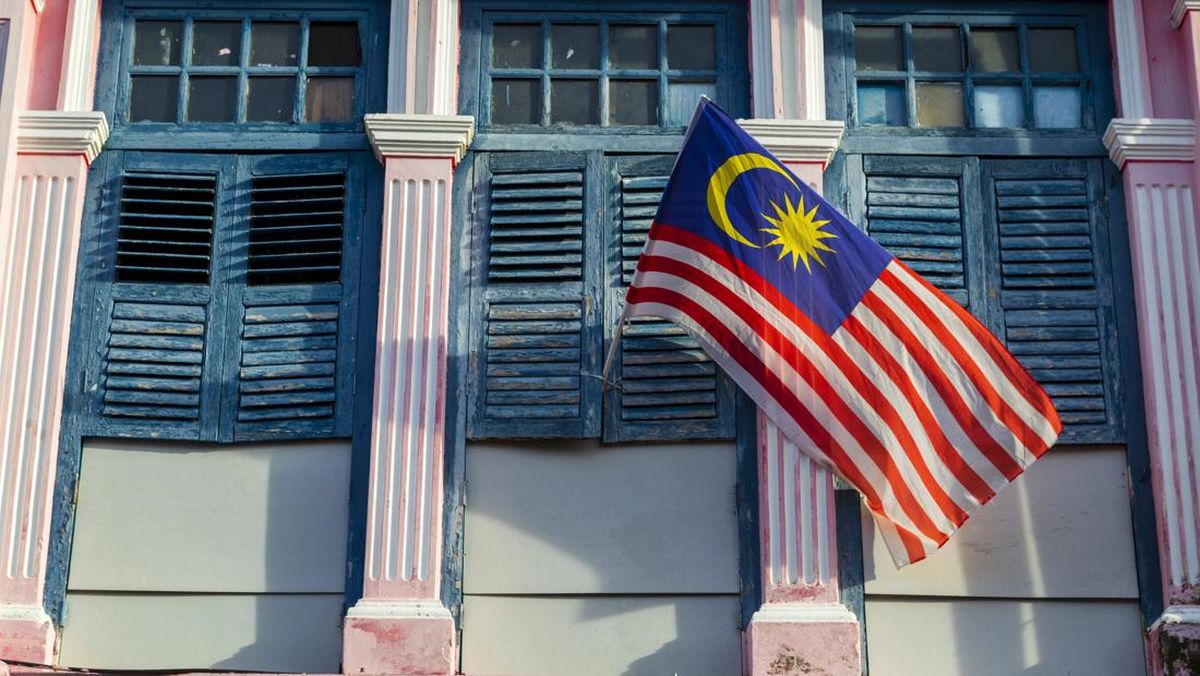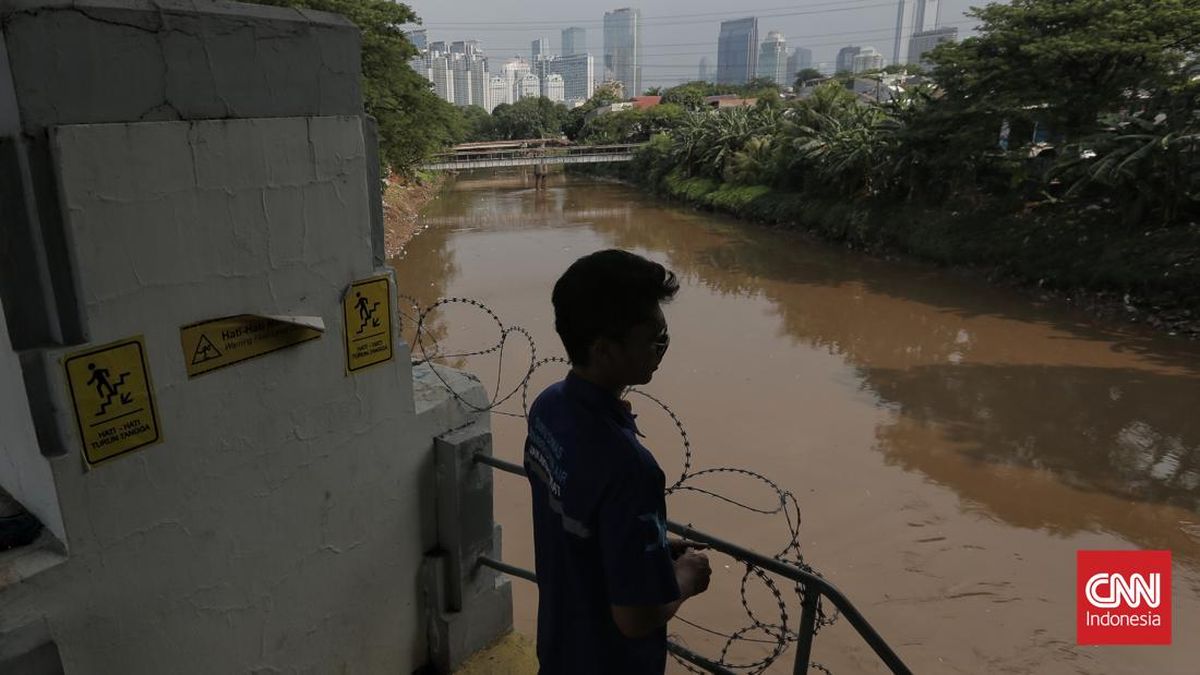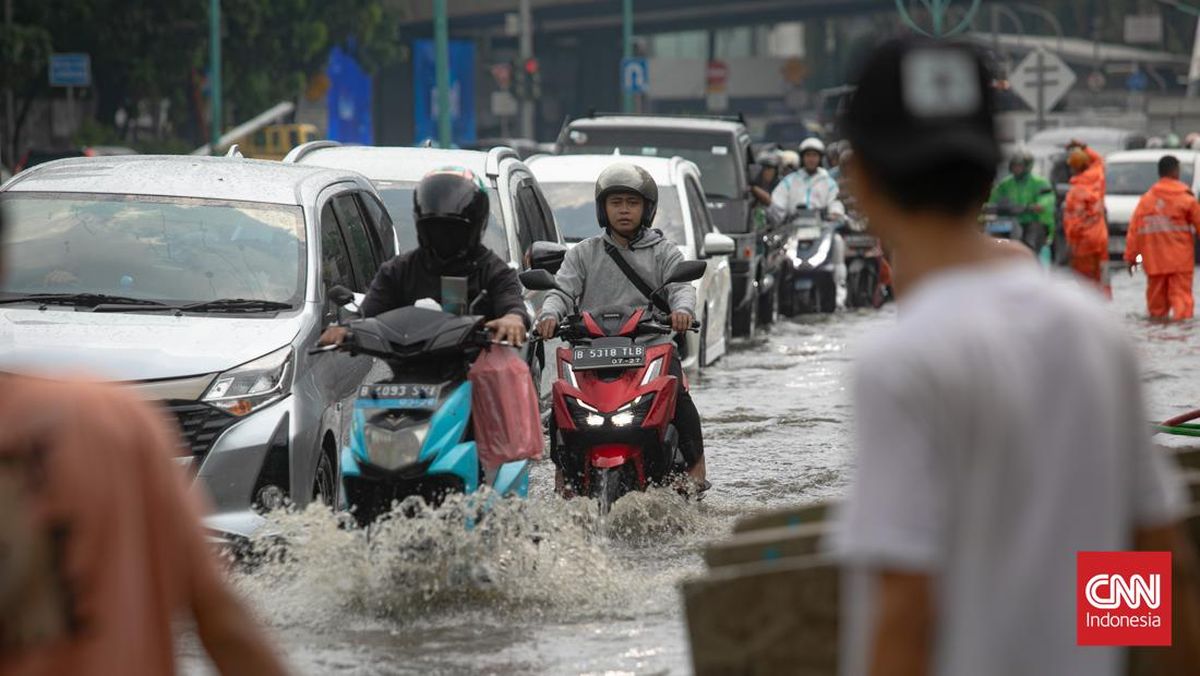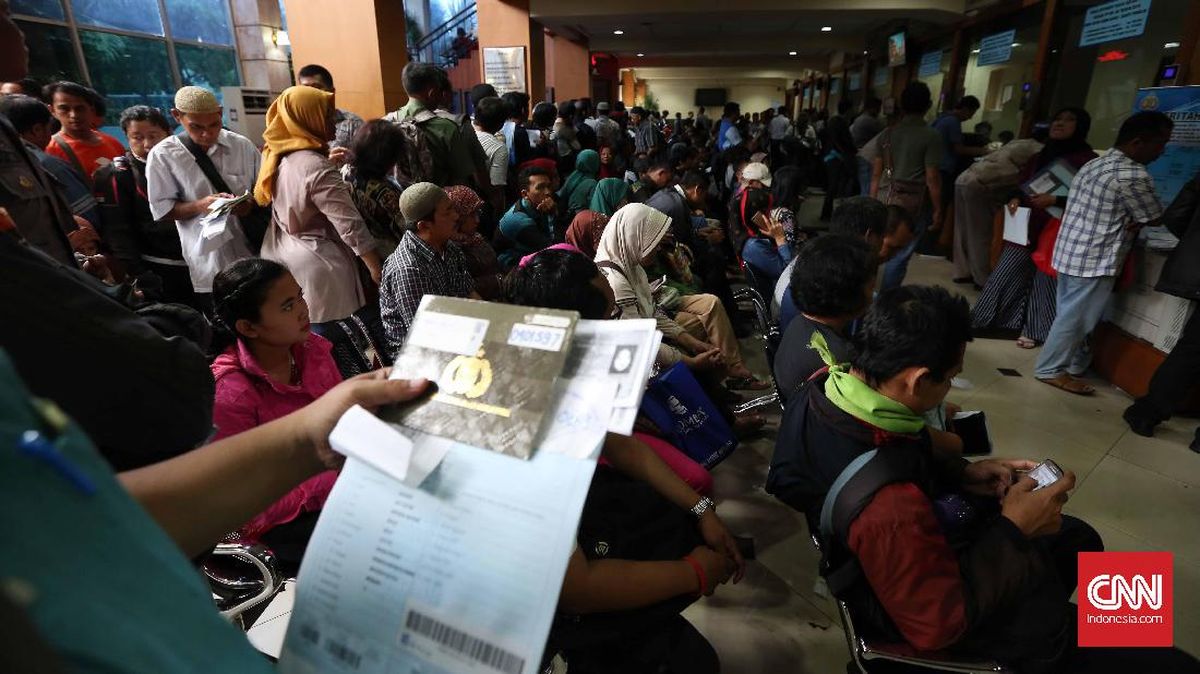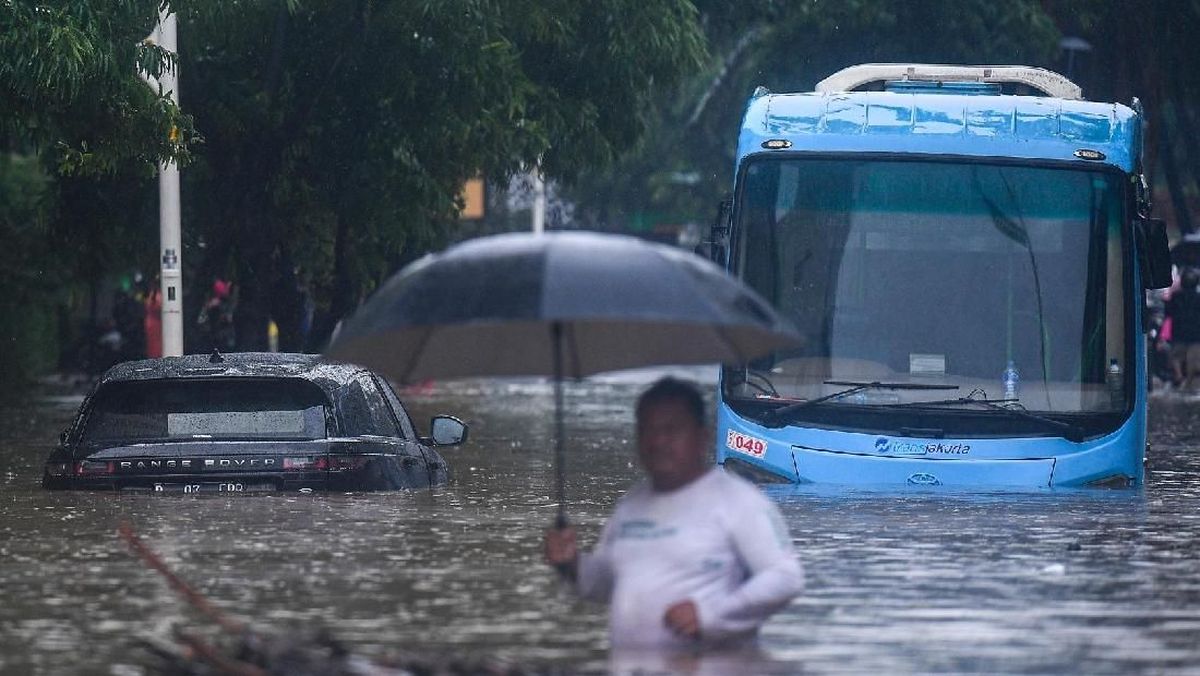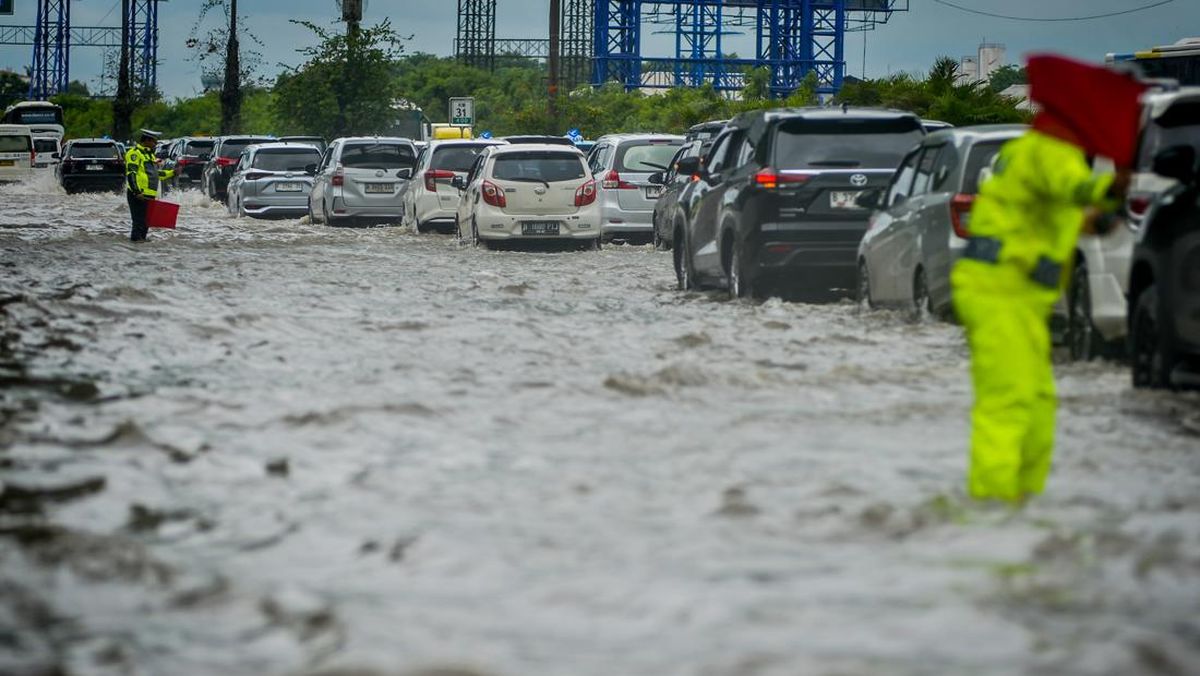Opinion
September 21, 2025 — 5.00am
September 21, 2025 — 5.00am
Real Money, a free weekly newsletter giving expert tips on how to save, invest and make the most of your money, is sent every Sunday. You’re reading an excerpt − sign up to get the whole newsletter in your inbox.
After a long, cold winter, it’s refreshing to look at the BOM’s week ahead weather forecast and see a sprinkling of 22 and 23 degree days. Spring has sprung, which is great news for lovers of park visits and baby animals, and the distributors of Telfast and Zyrtec.
It also marks the official end of “Euro Summer”, when flocks of Australians, young and old, escape winter to sun themselves in Italy or France or whatever, spending a collective $280 million as they do so. And for many of those travellers, once the jetlag wears off, the saving for the next holiday begins.

The average Australian holiday budget is $12,000.Credit: Aresna Villanueva
Australians spend upwards of $200 billion each year on domestic and international travel, with the average trip budget sitting around $12,000 (though 40 per cent of us admit to regularly blowing that budget). And while I fully believe travel is one of the best things to spend your money on, there’s no denying $12,000, or even half that amount, is a serious chunk of change.
Loading
What’s the problem?
It’s unsurprising then that a recent survey from Skyscanner revealed seven out of 10 of us find saving for a holiday challenging, with cost being the number one factor for travellers when it comes to choosing their destination.
Often keen travellers will cut down their spending on other things to stash money away for a holiday, with a third of respondents saying they’re putting off things such as buying a car or upgrading their house to afford their next trip.
What you can do about it
So if you’re someone who struggles to save, but loves to travel, here are some ways you can help boost your bank balance and make that dream trip a reality:
- Set up a travel account: For some of you, this might seem like an obvious one, but for those who still have all their savings sloshing around in a single savings account: stop the slosh. Having a dedicated, separate account for travel savings (or any specific savings goal for that matter) can make a world of difference, says Renae Vercoe, financial adviser and founder of Money Mode. “Keep it separate from your everyday spending, so you’re not tempted to dip into it, and give it a name that builds connection to the goal and keeps the dream alive,” she says. “Automate a weekly transfer and let it quietly build − $50 a week will add up to $2600 by this time next year.”
- Start saving early: You might be rolling your eyes at the idea of starting to save for a holiday after just getting back from one, but that’s the approach you need to take if you want to hit your savings goals. Dr. Brian Oakley, data scientist at digital bank Up, says the sooner you start saving, the easier it will be. “If you started saving $100 a fortnight around nine months before your trip, you’d have around $2000 by the time you depart,” he says. “But if you only start saving two months out, you’d need to stash around $500 a fortnight to save the same amount.” Similarly, if you’ve come back from your trip with money unspent (must be nice), stash it away for your next trip rather than spending it.
- Split your pay: If you want to get really serious about saving – especially if you aim to hit that ~$12,000 goal – Vercoe suggests asking your employer if you can split your pay, directing a certain amount each pay cycle to a separate account. Even better if the account is not linked to your main account, as the less you’re able to see it, the less likely you are to dip into it.
- Declutter, but make it profitable: We’ve all got stuff we don’t need, be it clothes, old phones or other gadgets, bits of furniture, etc. Why not throw them up on Facebook Marketplace so you can receive endless numbers of “Is this available?” messages from people who’ll never respond? But, if you persist, a good weekend of selling things you don’t want could easily cover the costs of a few nights of accommodation.
- Aim higher than you think: This is less of a savings tip and more of a savings warning, but Dr Oakley says given the rising cost of, well, everything, you’re probably going to need more by the time your holiday rolls around. “A handy rule of thumb is to aim for around 25 per cent more than you think you’ll need. Simply add up all your estimated costs, and then multiply that amount by 1.25,” he says. “This amount might seem high at first, but when it comes time to book your trip and the prices have increased, you’ll be happy to have the extra cash available.” Plus, any “extra” you save can just go towards the trip after that!
Advice given in this article is general in nature and is not intended to influence readers’ decisions about investing or financial products. They should always seek their own professional advice that takes into account their own personal circumstances before making any financial decisions.
Most Viewed in Money
Loading

